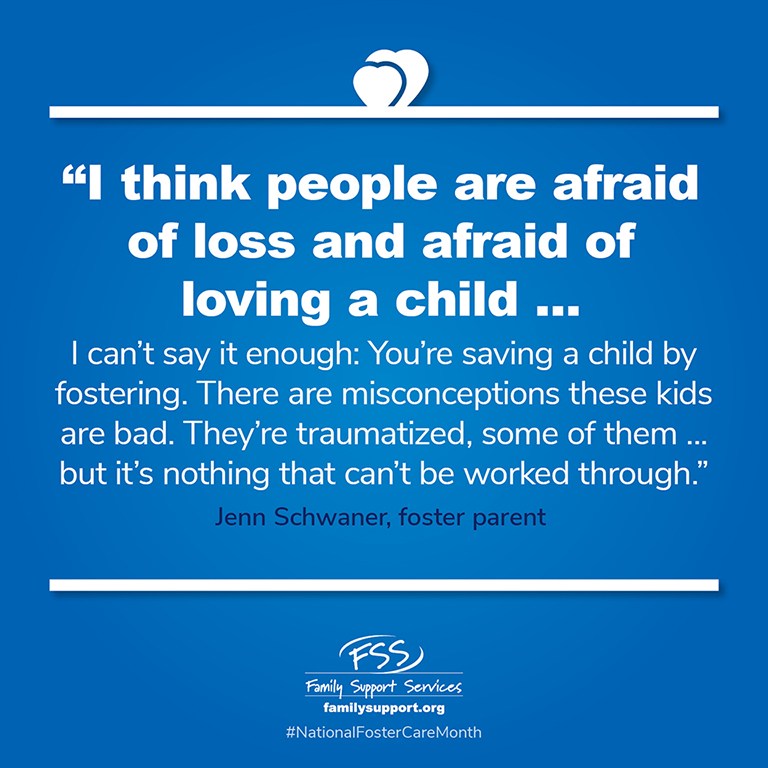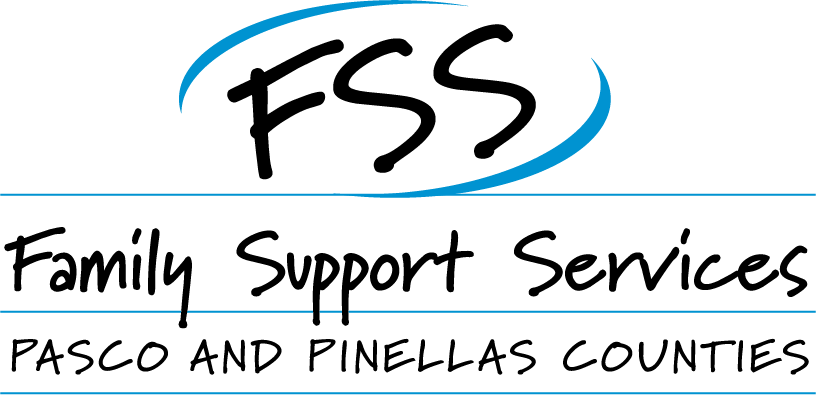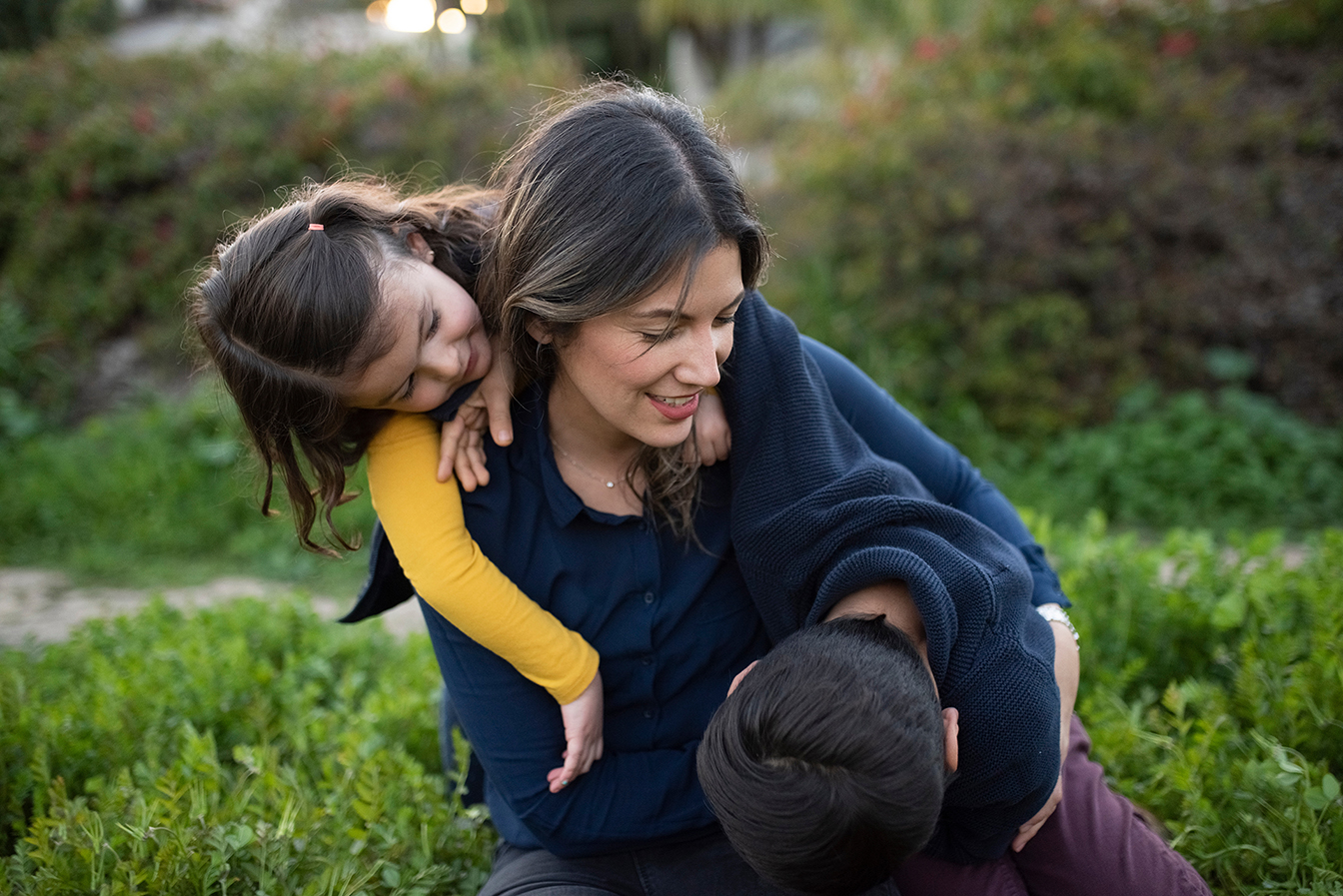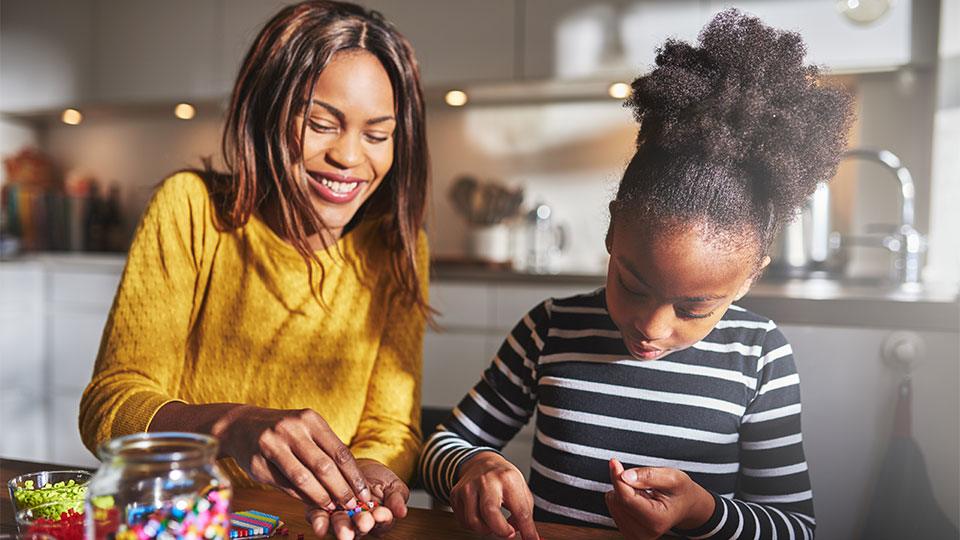Jenn Schwaner’s first effort into fostering wasn’t entirely intentional. A dependency court reporter for 30 years, she was just 22 years old when she overheard a case at work in central Florida where a 2-year-old had been removed from home but initially didn’t have a place to go. Something in her “jumped forward” and Jenn volunteered to take the boy for the weekend – a placement which ended up lasting 6 months.
 Between that first experience and now, Jenn moved to the Tampa Bay area, married and raised a family of her own, but continued to reflect on that first foster experience. Now single, Jenn is entering year eleven of being a foster parent, has cared for and helped to reunify hundreds of children (and adopted a few more), and has learned a lot – mostly that you’re never done learning.
Between that first experience and now, Jenn moved to the Tampa Bay area, married and raised a family of her own, but continued to reflect on that first foster experience. Now single, Jenn is entering year eleven of being a foster parent, has cared for and helped to reunify hundreds of children (and adopted a few more), and has learned a lot – mostly that you’re never done learning.
“It’s basically a continuing education – you need to keep yourself continually educated, especially on trauma,” Jenn says. “You can’t think that you’re a foster parent and you’re done.” Understanding trauma and triggers for different children can be challenging, and trauma-informed training is critical learning for any parent – foster or biological – to help kids be successful, Jenn says.
Jenn’s time as a foster parent is also full of joy – extremely full. She’s currently caring for 10 children, including her two biological children and a teenager she’s in the process of adopting. One of her older daughters recently adopted a baby that had been in Jenn’s care, becoming her granddaughter. She says the love of seeing the children and their families progress together is beyond rewarding and keeps her motivated. She keeps the kids in sports programs, providing added opportunities for their parents to visit and interact with them, and invites biological families to attend special excursions (a recent go-kart trip came to mind) and events for holidays as well.
As full as her days are, a full table would be a wonderful way for the community to show support for foster families like hers, Jenn says. “I love for people to make a full meal for my kids – for somebody else to make a meal for 10 to 14 kids is incredible.” The same goes for events and activities: Jenn always tries to take extra-special trips so children in her care can experience “firsts,” such as riding jet skis at Indian Rocks Beach or ice skating in New York City, but even taking her teens for an afternoon of self-care getting their nails done is a treat and a bonding experience.
Jenn hopes potential foster parents will remember the bonding is one of the most important parts as well. “I think people are afraid of loss and they’re afraid of loving a child because they’re going to lose them [when they’re reunified],” she says. “I can’t say it enough – you’re saving a child by fostering. There are misconceptions that these kids are bad – they’re traumatized, some of them … but it’s nothing that can’t be worked through. You just have to find the right help and the right resources.”
Potential foster parents need to understand they’re not going it alone, Jenn says. “There’s plenty of supports out there … there’s plenty of people on the journey with you,” she says. “Eleven years ago, I didn’t have the support group that I have now. I can’t talk high enough about my licensing team” for the care and uplift they’ve provided. Her growing network of ‘foster friends’ over the years includes people she’s brought into the system to be resource parents as well – “they are also great life supports,” Jenn says. “The more you do it, the more you can find.”
See how you can strengthen families as a foster parent with Family Support Services.








0 Comments